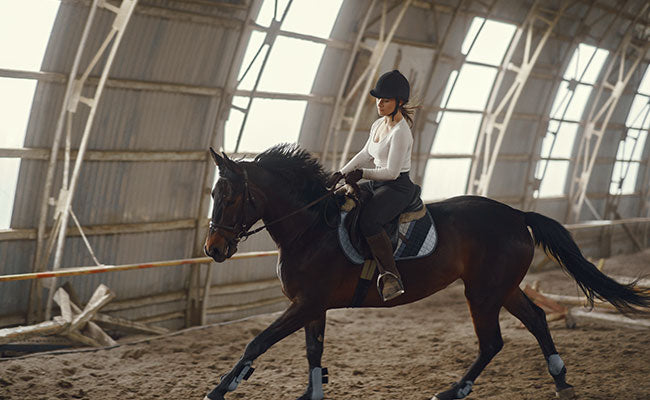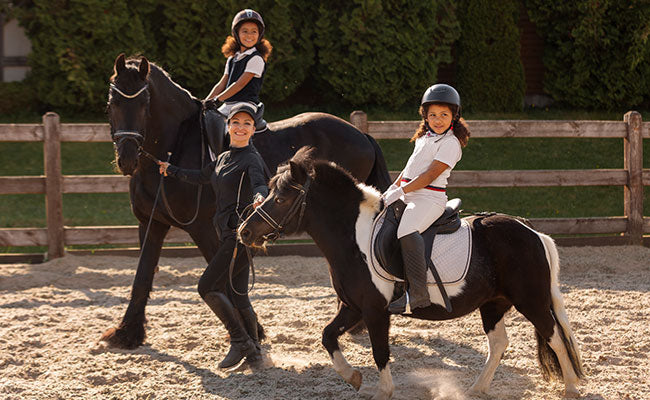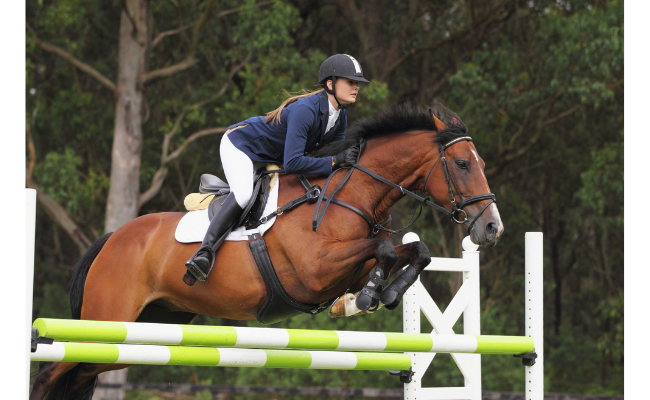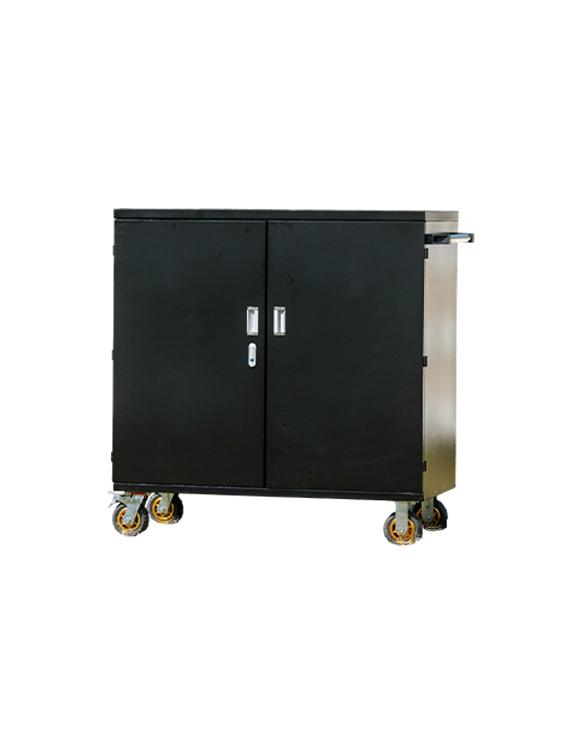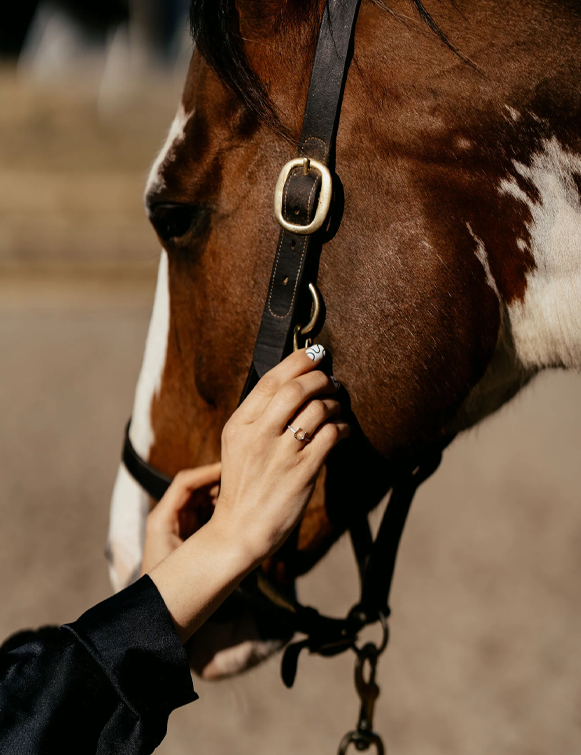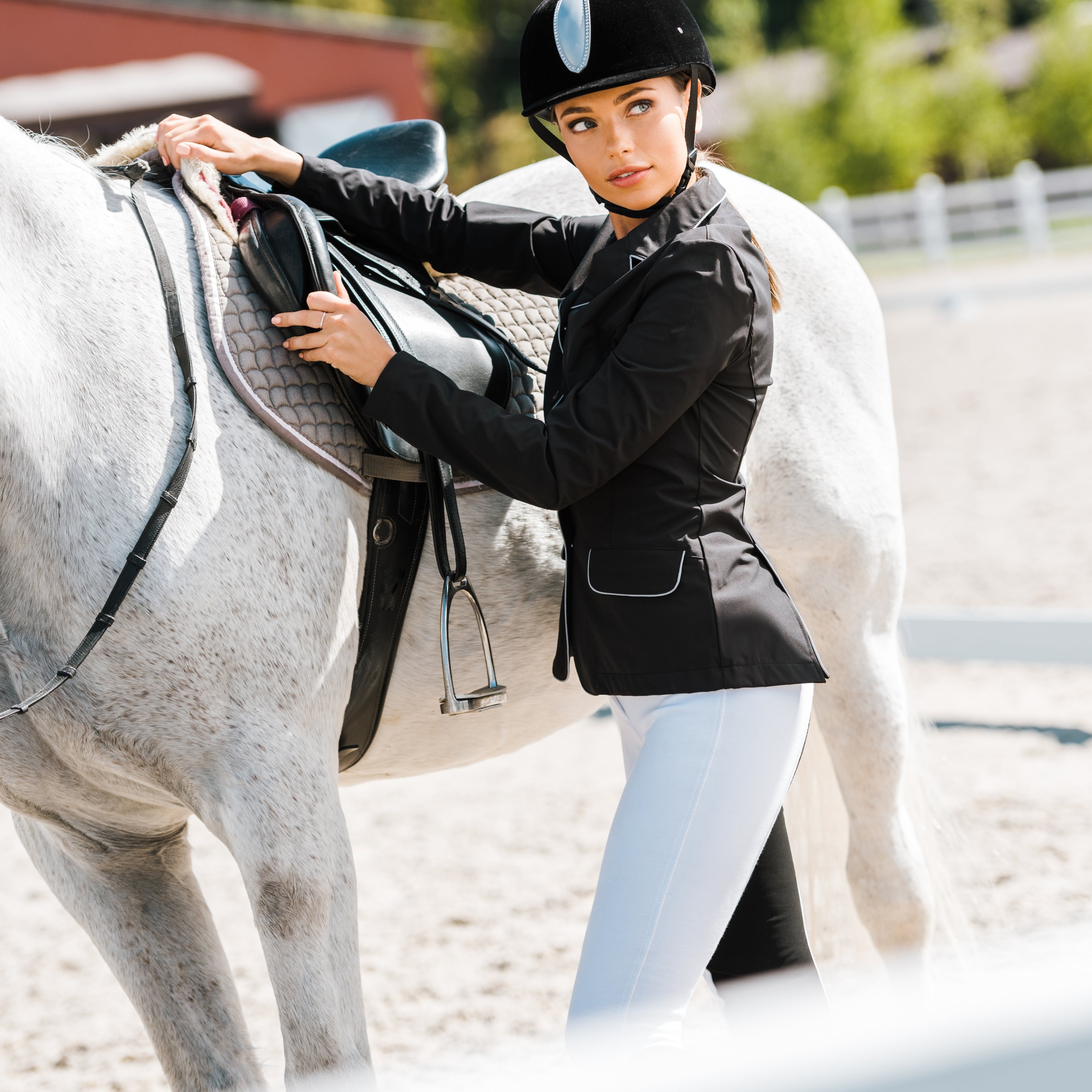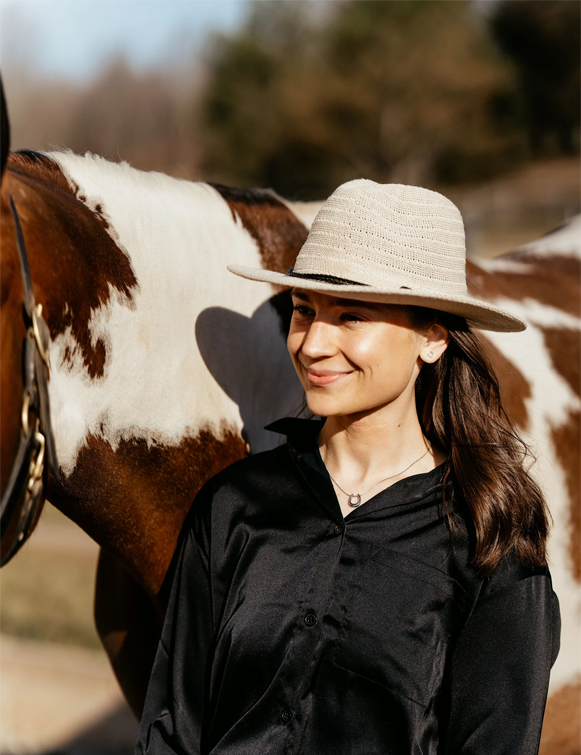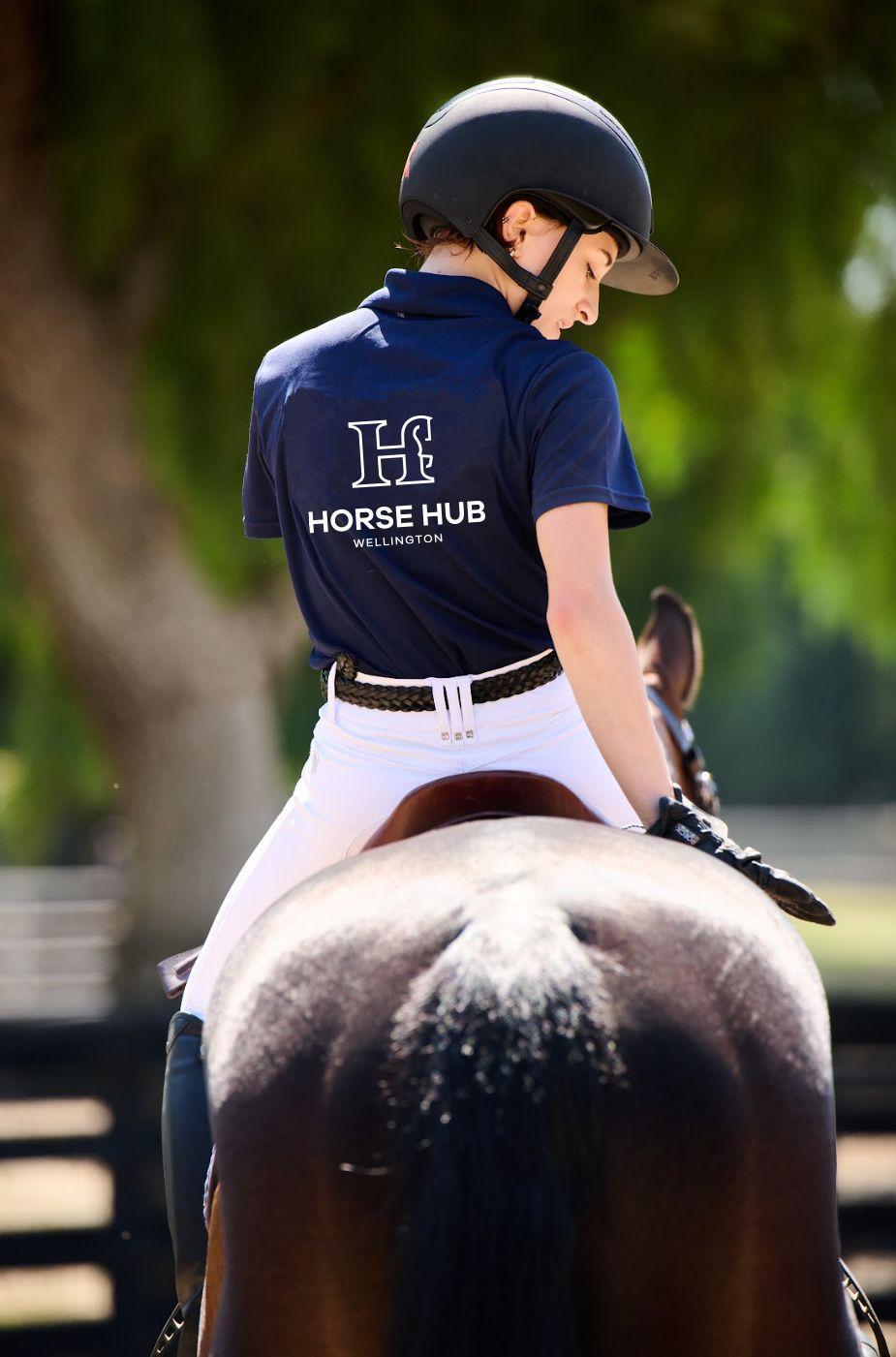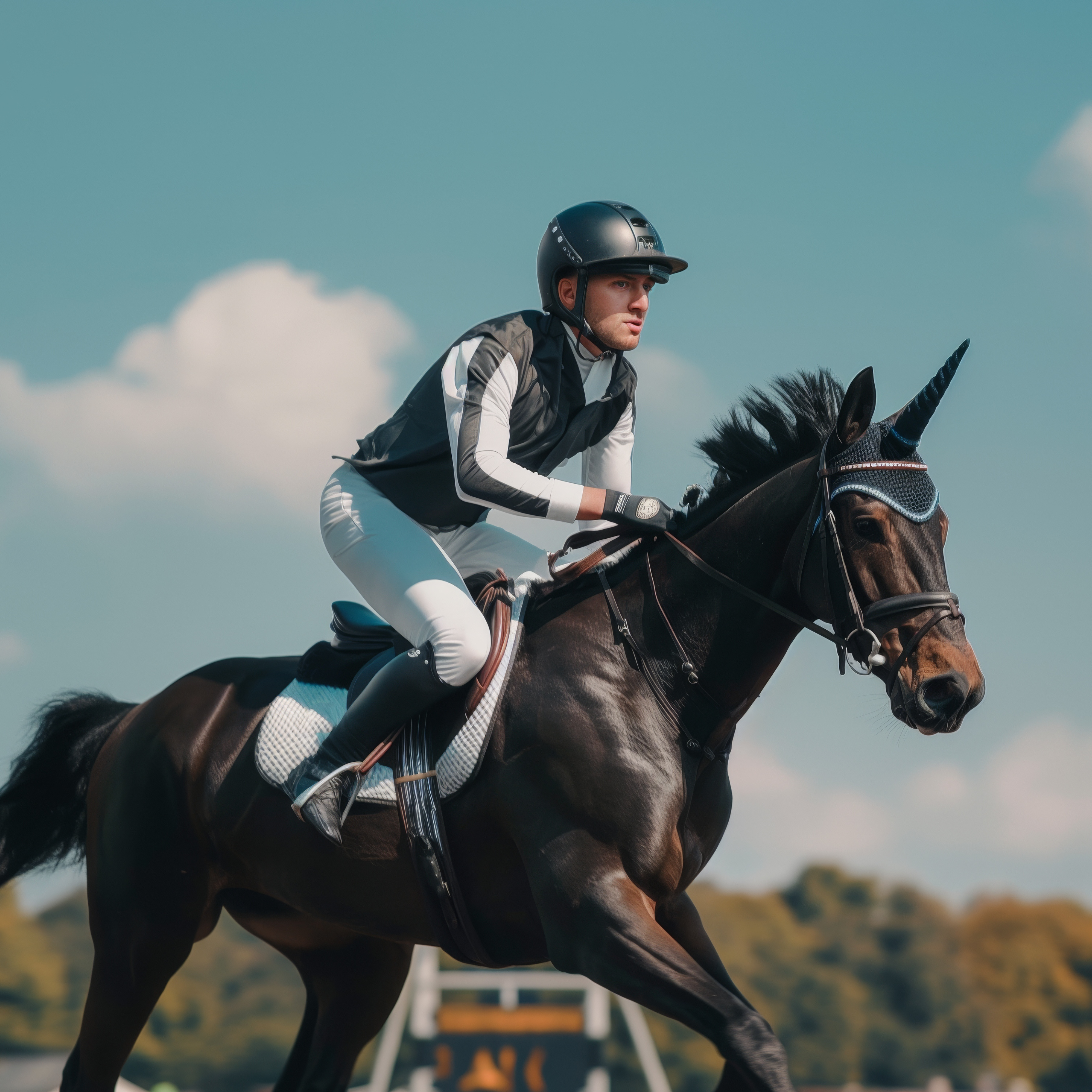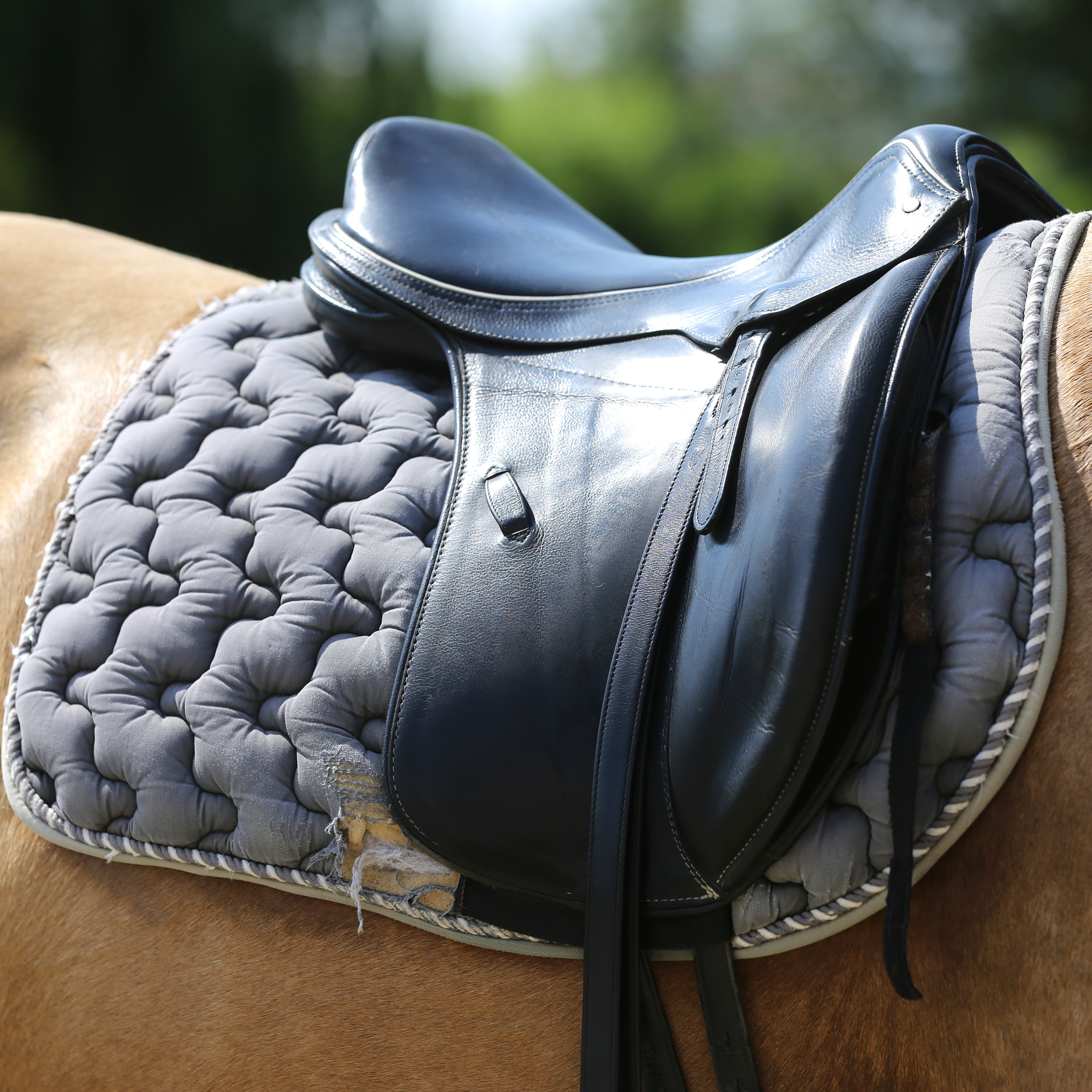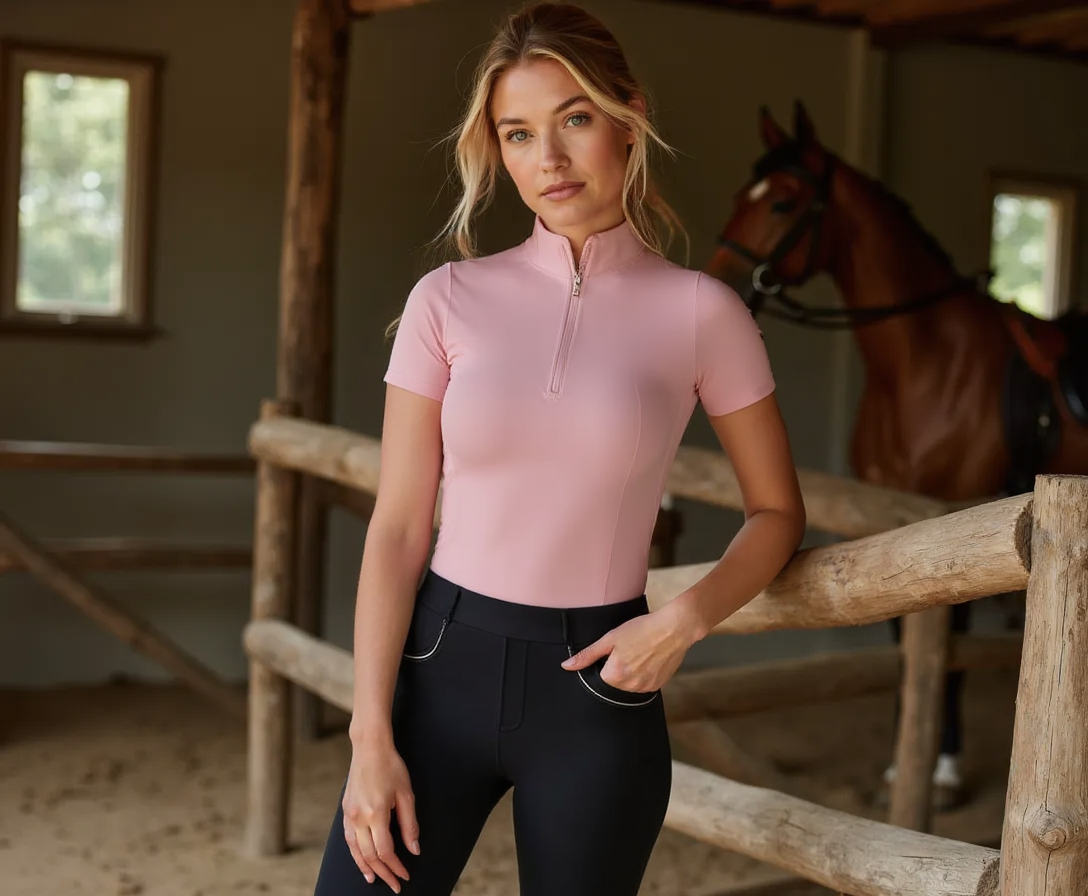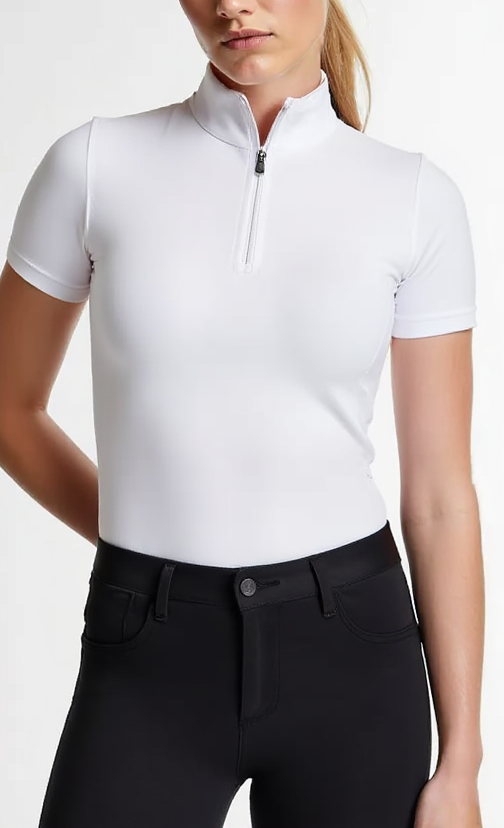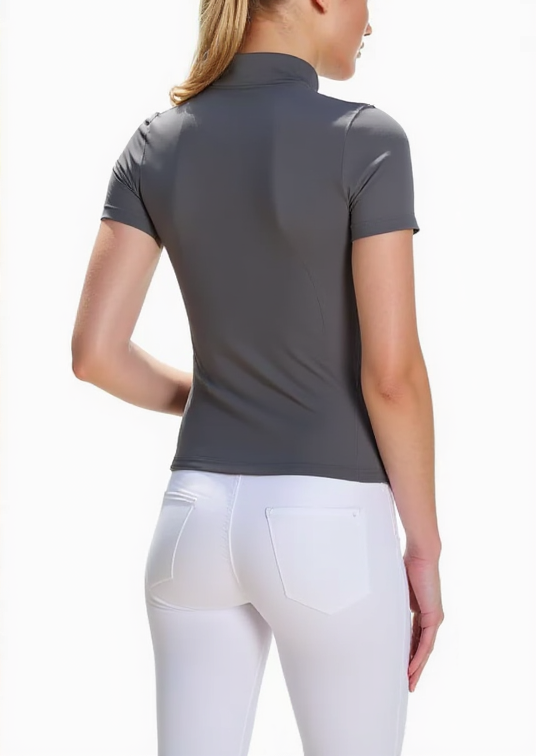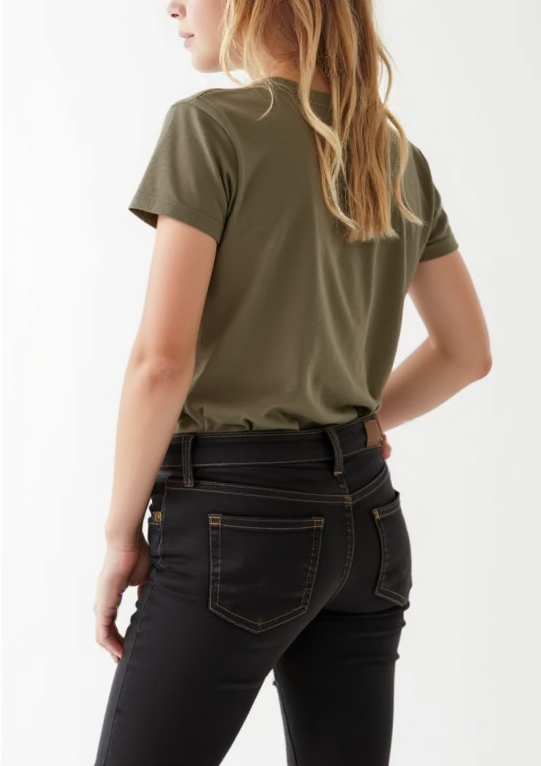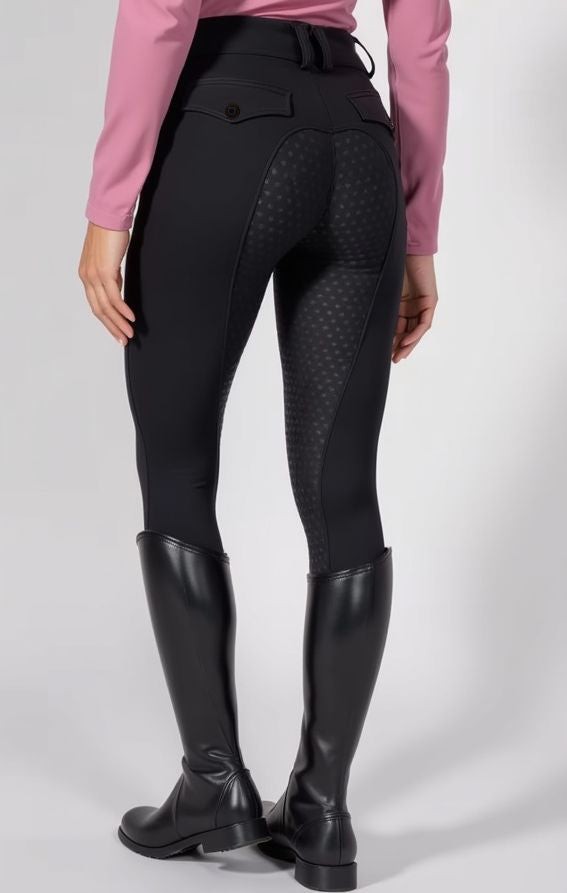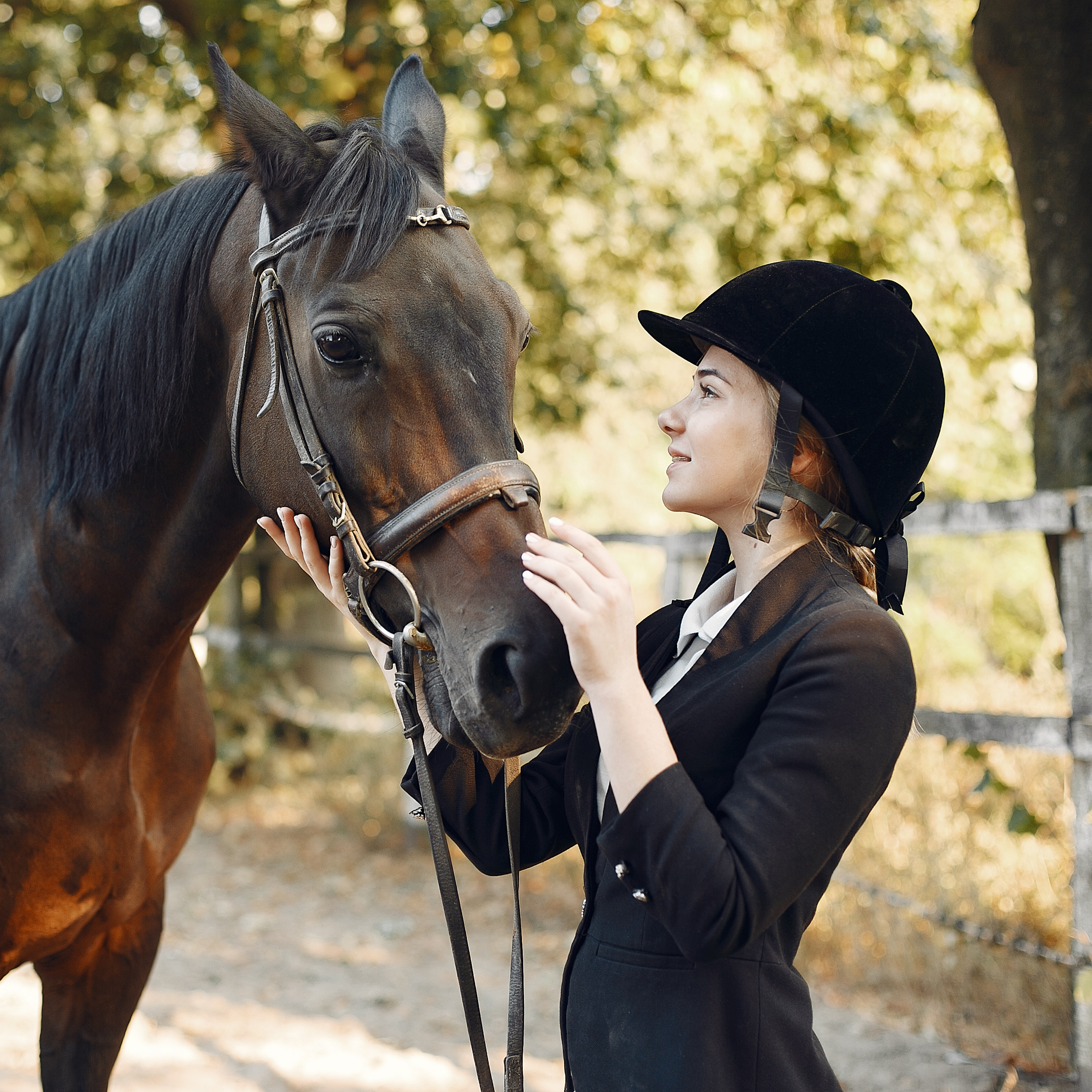
How to Keep Your Horse Comfortable at Shows
Keeping your horse comfortable at shows is crucial for their performance and overall well-being. A relaxed horse isn't just a happy horse; it's a horse far more likely to perform at its peak, showcasing their training and talent without the added burden of stress. Conversely, a stressed or uncomfortable horse can be unpredictable, impacting not only their performance but also potentially posing a safety risk to themselves and those around them. From the moment you start preparing to the final cool-down after competition, every step you take contributes to their comfort and confidence in an unfamiliar and often overwhelming environment. This comprehensive guide will walk you through essential strategies to ensure your equine partner stays happy, healthy, and ready to shine throughout the entire show experience.
Before You Go: Preparation is Key
The comfort of your horse at a show begins long before you even load the trailer. Proper preparation can significantly reduce stress and make the transition smoother, setting the stage for a positive experience.
-
Training and Desensitization: Exposure is your best friend. Start well in advance by exposing your horse to various sights, sounds, and experiences that mimic a show environment. Practice loading and unloading from the trailer until it's a routine, not a challenge. Tie your horse in different locations, similar to what they might encounter at a show, and gradually introduce them to the presence of other horses, loud speakers, flags waving, and unfamiliar vehicles. The more accustomed they are to new and potentially chaotic situations at home, the less stressed they'll be when faced with the real thing. Practice standing tied quietly for extended periods, as they may be stalled or tied for hours at a show.
-
Fitness and Health: Ensure your horse is in optimal physical condition for the demands of showing. This isn't just about their performance in the ring; it's about their ability to cope physically with travel, new surroundings, and the exertion of competition. A horse that is overly tired, sore, or out of shape will be uncomfortable regardless of the environment. Regular veterinary check-ups, including dental and farrier care, are essential. Discuss your show schedule with your vet to ensure your horse's vaccination and deworming schedule is up to date and that they are sound for competition. Maintaining a balanced diet tailored to their workload is also crucial. You can find more information on general horse care, including grooming tools, on MyHorseHub to ensure their physical well-being.
-
Packing Smart: Overlooking an essential item can lead to unnecessary stress for both you and your horse. Create a detailed packing list and check it twice. Beyond the obvious tack, feed, and hay, remember extra halters and lead ropes, water buckets (and a familiar one from home if your horse is finicky), feed tubs, grooming supplies, and a comprehensive first-aid kit (for both horse and human). Think about horse-specific first aid items like poultices, standing wraps, thrush treatment, and any specific medications your horse might need. Don't forget blankets or sheets for various weather conditions, and personal comfort items for yourself, as a relaxed rider often leads to a relaxed horse. For a comprehensive guide to equine first aid, consult reputable resources like the American Association of Equine Practitioners (AAEP) on their website.

Arrival and Settling In: A Smooth Transition
The first few hours at the show grounds are vital for helping your horse acclimate to their temporary home. A calm and unhurried arrival can significantly reduce their initial anxiety.
-
Arrive Early: Give yourself and your horse ample time to settle in before the rush of competition or the need to warm up. Rushing can heighten anxiety for both of you. Arriving early allows your horse to stand on the trailer for a bit, observe the surroundings, and then be unloaded calmly. You'll have time to find your way around, locate your stall, and set it up without feeling pressured. If possible, a short hand-walk or graze upon arrival can help them stretch their legs and absorb the new environment visually and through scent.
-
Stall Setup: If your horse will be stalled, immediately check the stall for cleanliness, sharp edges, loose nails, or other hazards. Ensure it's well-bedded with a generous amount of fresh shavings or straw, providing a soft, absorbent surface for rest. Provide plenty of fresh water immediately upon arrival. Some horses are particular about the taste of unfamiliar water; consider bringing water from home for the first day or adding a flavor like apple juice or a small amount of electrolytes to mask any differences in taste. Ensure access to hay, ideally in a slow-feeder net to encourage continuous, natural grazing.
-
Familiar Routines: Horses are creatures of habit, and maintaining their familiar routines provides a profound sense of security in an unfamiliar environment. Stick to your horse's regular feeding and turnout schedule as much as possible. Even small, consistent routines, like a specific grooming order, the time you offer treats, or a pre-ride stretching ritual, can be incredibly reassuring. This consistency helps them feel that despite the new location, their world still makes sense.
-
Observation: Pay close attention to your horse's behavior during these initial hours and throughout the show. Are they eating and drinking normally? Are they restless, pawing, weaving, or stall walking excessively? Are their eyes bright or dull? Is their tail tucked? Any changes in their usual demeanor, appetite, or droppings can be early signs of discomfort or stress. Early detection of these signs allows for quicker intervention, preventing minor issues from escalating.

During the Show: Maintaining Comfort
The show itself presents its own set of challenges, from periods of waiting to intense bursts of activity. With thoughtful management, you can continue to keep your horse comfortable and focused.
-
Hydration is Paramount: This cannot be stressed enough. Offer water frequently, especially in warm weather or after exertion. Dehydration can quickly lead to fatigue, colic, and other serious health issues, significantly impacting performance and well-being. Encourage drinking by offering water from a familiar bucket, or adding a small amount of apple juice or a commercial flavoring product. Consider an electrolyte paste, especially for horses that sweat heavily, to replenish vital salts lost during exercise. Learn more about the critical role of hydration in equine health and performance from UC Davis.
-
Feed Wisely: Stick to your horse's usual feed as much as possible. Bringing pre-portioned bags of their regular grain from home is ideal. If you anticipate changes in activity levels, adjust quantities accordingly, but avoid drastic changes. Do not introduce new feeds or supplements at the show, as this can upset their digestive system, potentially leading to colic or digestive upset. Providing ample hay helps keep their digestive system moving and provides mental comfort.
-
Cooling and Warming: Monitor the weather constantly and ensure your horse is appropriately dressed or cooled. In hot weather, provide shade whenever possible, sponge them down with cool water after exercise, and use fans or misters in the stall if available. Scrim sheets can help keep flies off while allowing airflow. In cold weather, ensure they are adequately blanketed when stalled or standing, choosing blankets appropriate for the temperature and their individual needs (clipped vs. unclipped).
-
Quiet Time: The show environment is often bustling and exciting, but constant stimulation can be exhausting. Schedule periods of quiet rest away from the hustle and bustle. Even a short break in their stall with the door closed, or a calm hand-walk to a quieter area for some grazing, can help them decompress mentally. This mental break allows their nervous system to settle and conserves energy for when they need it most.
-
Mental Stimulation: If your horse is prone to boredom or anxiety in the stall, provide safe mental stimulation. A slow-feeder hay net can keep them occupied for hours, mimicking natural grazing. Safe stall toys can also be a distraction. Consistent, calm interaction from you through grooming, gentle strokes, or quiet conversation can also be incredibly calming and reassuring. For more tips on managing show stress and understanding your horse's behavioral cues, check out articles like Signs Your Horse is Stressed on MyHorsehub.
-
Warm-up and Cool-down: Always allow for a proper, gradual warm-up before competition and a thorough cool-down afterward. A good warm-up prevents muscle soreness and prepares their body and mind for exertion. A comprehensive cool-down, including walking, stretching, and hosing down hot legs, helps their body recover, prevents stiffness, and promotes overall comfort. The British Horse Society offers excellent guidance on warming up and cooling down horses.

After the Show: Recovery and Rest
The care your horse receives after the show is just as important as the preparation and the competition itself. Proper recovery ensures they bounce back quickly and stay sound for future events.
-
Travel Home Safely: Ensure the trailer is well-ventilated for the journey home, regardless of the weather. Check that partitions are secure and your horse is comfortably padded to prevent rubs or injuries during transit. Upon arrival, offer water and hay immediately, as they may have been reluctant to drink during travel.
-
Post-Show Check-up: Once you're home and settled, thoroughly check your horse for any bumps, scrapes, rubs from tack, or signs of soreness. Pay close attention to their legs for any heat or swelling, and check their hooves for tenderness or lost shoes. Monitor their appetite and droppings over the next 24-48 hours. Early detection of any issues can prevent them from becoming more serious.
-
Rest and Recuperation: Allow your horse adequate time to rest and recover from the physical and mental demands of the show. This might mean a few days of light hacking, turnout, or simply undisturbed rest in their paddock or stall. Resist the urge to jump right back into intense training. A mental break is just as important as a physical one, allowing them to decompress and prepare for the next challenge.
By prioritizing your horse's comfort at every stage of the show experience, from meticulous preparation to mindful recovery, you'll foster a happier, healthier, and ultimately more successful partnership. Your horse will appreciate the care, and you'll likely see a positive impact on their performance and overall enthusiasm for showing.

